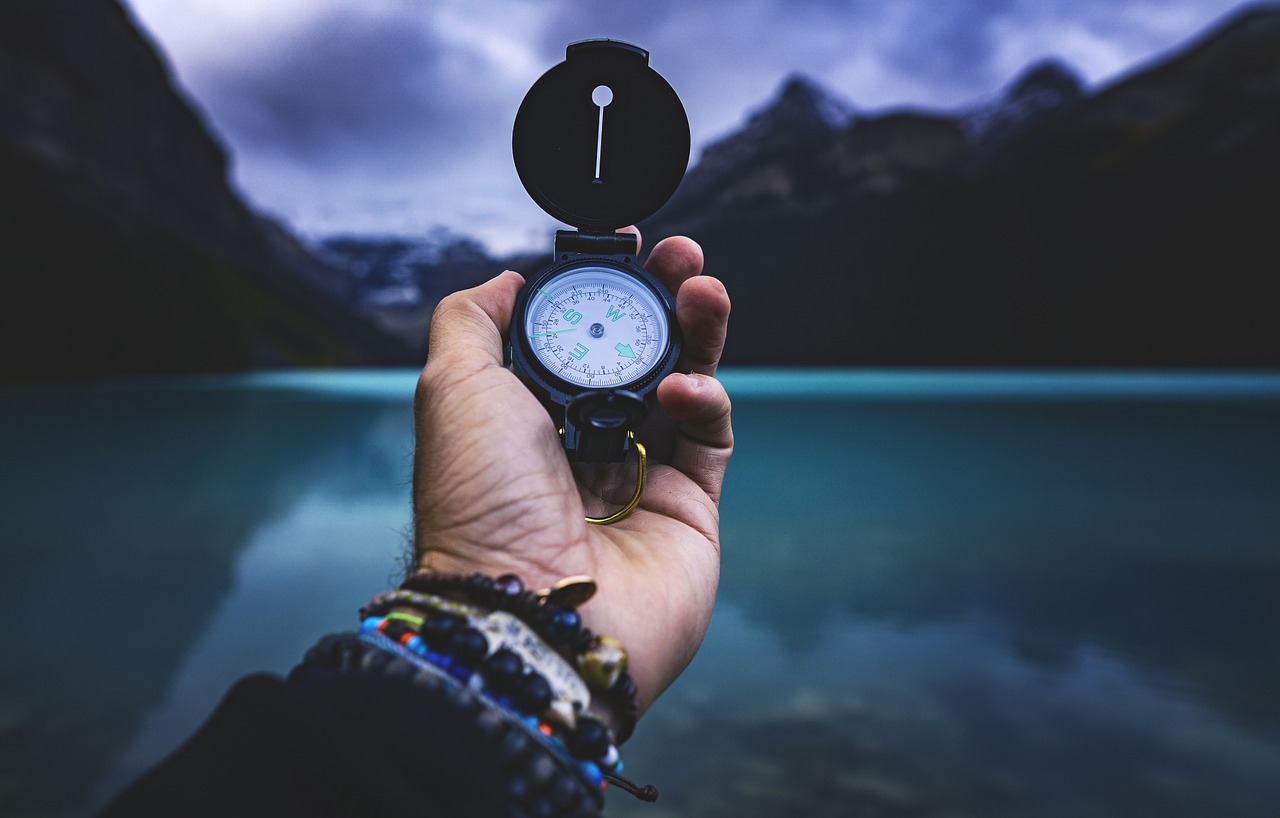Research shows that between 40 to 60 percent of people who’ve been treated for addiction or alcoholism relapse within a year, and relapse rates for anorexia and bulimia have been reported to be between 35 and 36 percent. For Performance Addiction, we have no such stats, but as someone who struggles with it, I can estimate the numbers of relapse to be very high.
We all have to perform. It’s not something we can avoid completely. We have jobs, tasks and life roles that make us functional humans. It’s when that need to perform becomes debilitating that we move into addiction … and I’m not just talking about work addiction. I am talking about performance addiction—an addiction that is pervasive, transcending work and permeating nearly all aspects of our lives.
After all my years of working to overcome my Performance Addiction, I often find myself right back in it. Take this morning as an example:
I had a busy day ahead. WAY too packed, in fact. I knew that from the time I opened my eyes, BUT I had a list of tasks, and I HAD to check each task off the list. In my hurried state, I ran out the door to the grocery store because I was going to bring my parents food and be back at my home office in time for my next call. After plowing through the aisles, I got to the register and realized I forgot my wallet. Here was my opportunity to pause and pivot. I had a choice. I could have taken a moment to slow down, reevaluate and make the necessary changes to my day to accommodate my mistake. That would have been Path A. I chose Path B. I rushed back home to get my wallet, driving like a bat out of hell in the rain. After getting back to the grocery store and paying (worried the entire time I was going to now miss my upcoming work appointment). I manically rushed to my car and slipped on a puddle, skinning my knee and crashing the cart into a nearby car. Now I felt like a failure AND a klutz!
Would it have been the worst thing to just go back home and then get groceries the next day? NO. Would my parents have starved? NO. But my Performance Addiction was telling me otherwise. I would be a failure if I didn’t get this done, when I had originally planned to get it done.
After getting home I was able to think clearly. I was upset with myself for allowing my Performance Addiction to take the driver’s seat. That’s the thing with any addiction, it can take over when you least expect it, and you must constantly be aware of your triggers. I was also able to forgive myself and adapt the rest of the day to live the way I need to—with intention and love—for others AND myself. The good news? We are always in choice.





